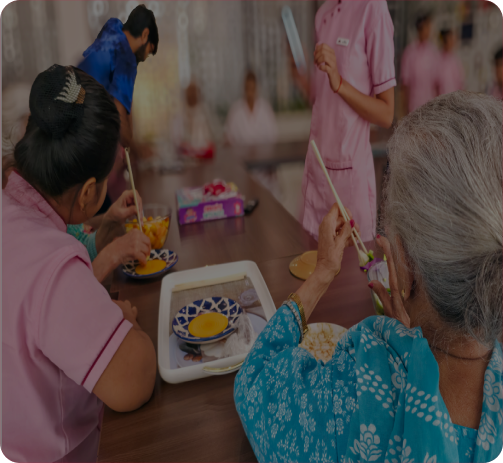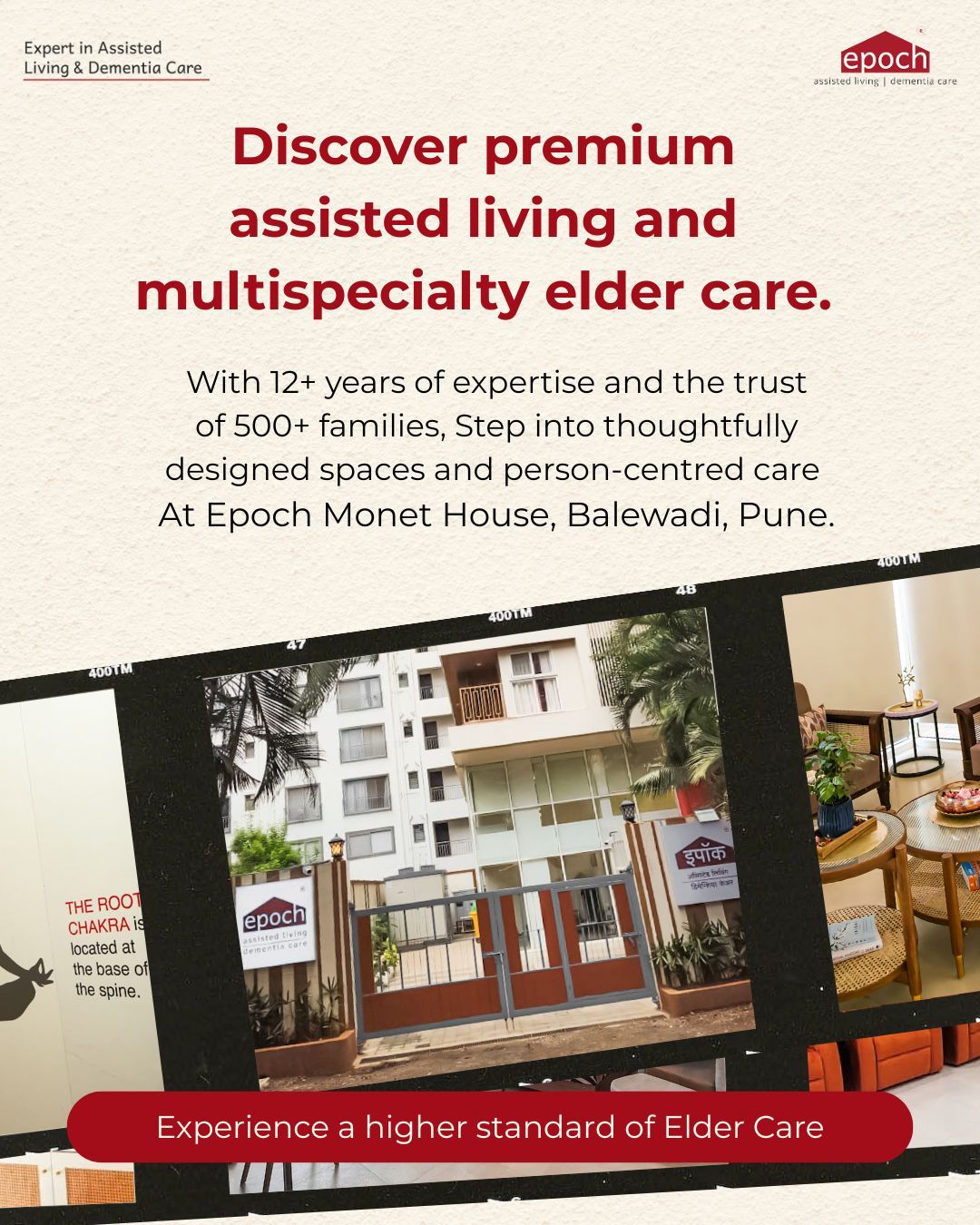What truly is the definition of elder care? A lot of people connote elder care with medical or clinical care. A lot of focus and our understanding of caring for the elderly starts and sometimes ends with only focusing on their physical/medical well being. Add to it a diagnosis of a chronic condition or co-morbidities and most of our time and care management is involved in medication management, investigations, hospital appointments and so on. But what is it that elders need especially when they progress towards the phase of being ‘older elderly’- in their 80s and 90s? It is focused on overall care management and less interventions. Caring for elderly individuals requires a holistic approach that addresses their physical, mental, emotional, and social well-being. At Epoch Elder Care, we deeply understand the importance of considering various aspects of their care to enhance their quality of life and promote overall well-being.
1. Physical Health
Physical health is the foundation of holistic care without which we can’t build a strong care plan. This involves managing comorbidities, focusing on preventive health, reducing polypharmacy & early diagnosis of conditions. In addition, building physical strength is a must with elders. Within our Epoch homes, we emphasize regular exercise tailored to each individual's abilities. The focus on mobility, strength, and balance can significantly improve their overall physical well-being.
2. Cognitive Stimulation
Cognitive stimulation plays a crucial role in the well-being & even mental health of elders. In our care programs, we incorporate brain stimulating activities such as puzzles, games, reading exercises, reminiscing exercises, music therapy, and storytelling. These activities not only help maintain cognitive function but also improve mood. Moreover, they promote social interaction and provide a sense of purpose and accomplishment.
3. Nutrition and Hydration
Nutrition and hydration plays a vital role in holistic care for elders. Proper nutrition ensures that elders receive the necessary nutrients for optimal health and well-being. A balanced diet that includes a variety of fruits, vegetables, whole grains, lean proteins, and healthy fats supports their physical health, immune system, and overall vitality. Additionally, hydration is essential to maintain proper bodily functions and prevent dehydration, which can lead to various health complications. Our dedicated food and beverage team ensures proper nutrition and hydration by providing customized diets as part of each resident's health care plan.
4. Emotional Support
Emotional support is paramount for elders, as aging can be an overwhelming experience. Our compassionate caregivers provide active listening, validation of feelings, and reassurance to alleviate distress. We create calm and soothing environments, incorporating comforting touch and therapeutic activities like music therapy to promote emotional well-being. Building core skills like empathy and ability to develop rapport is a core part of our training.
5. Social Engagement
Social engagement is akin to taking medication in old age. We encourage interactions with family, friends, and volunteers to combat feelings of loneliness and isolation. Our elders are actively engaged in group activities, outings, and structured social programs to constantly feel the sense of a community. These experiences provide meaningful engagement and foster socialization, a very important contributor to their overall well-being.
6. Spiritual Well-Being
Spiritual wellbeing of elders is an important aspect of holistic care. It may involve providing opportunities for religious or spiritual practices, engaging in meaningful conversations about life and purpose, and supporting their individual beliefs and values.
7. Psychological Health
Psychological health or mental health (different from emotional health) is a vital component of improving quality of life in elders. Mental health concerns such as depression, anxiety and feelings of hopelessness, despair and dependence are very common in elders and can lead to serious implications if unaddressed. At Epoch, we conduct regular assessments to identify any signs of anxiety and depression among our residents. In case professional help is required, we ensure that appropriate assistance is provided to address their psychological well-being effectively.
In conclusion, holistic care for elderly individuals addresses their physical, mental, emotional, and social needs. By implementing person-centered care, promoting cognitive stimulation, focusing on physical well-being, providing emotional support, fostering social connection, adapting to the environment, and supporting caregivers, we create a compassionate and enriching care experience. Our commitment to this comprehensive approach enhances the quality of life for elders and provides valuable support for their caregivers.













